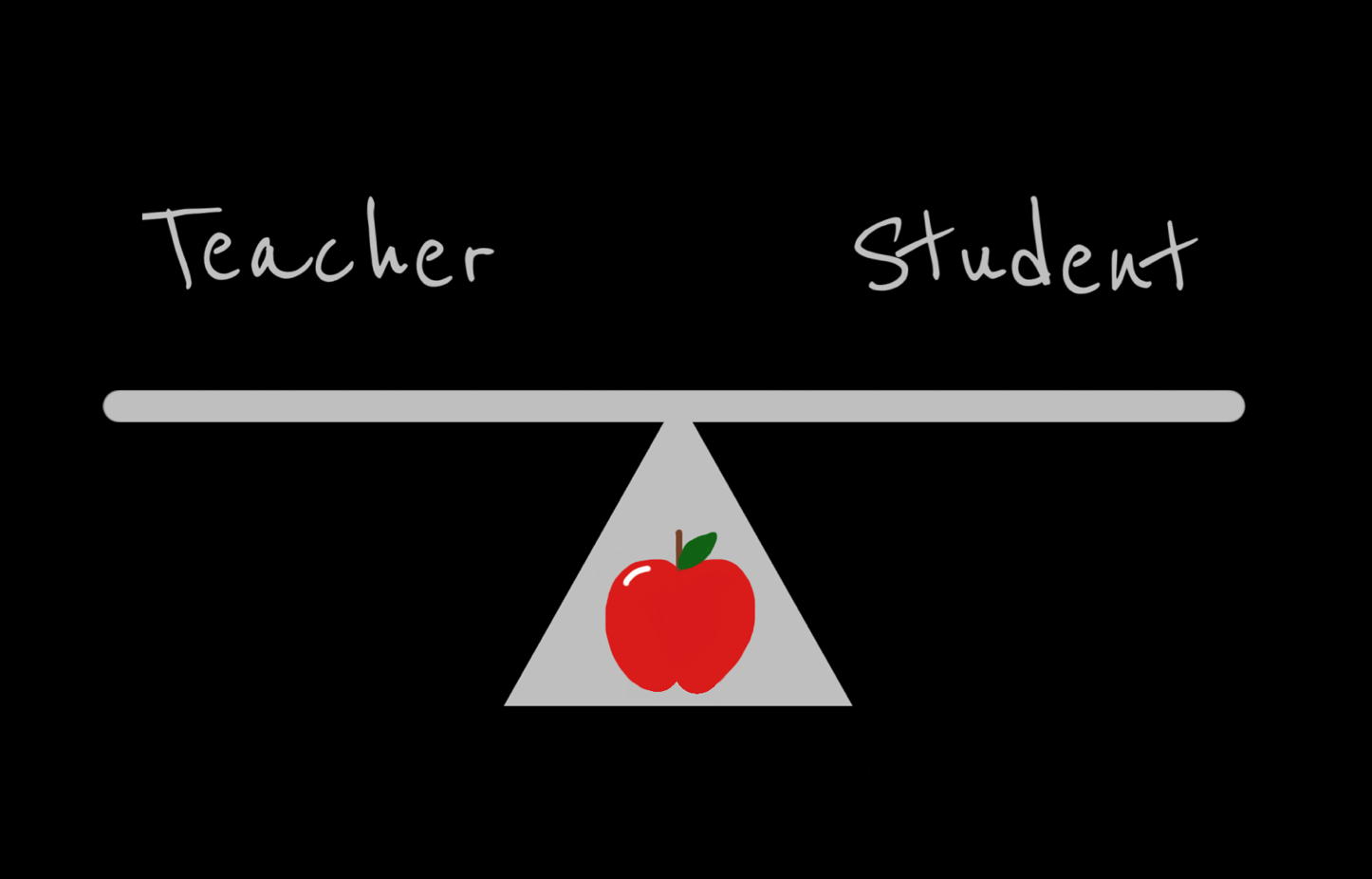
Let’s be real for a moment, the majority of us tend to get short with individuals after telling someone something for the 10th time. I know I have in the past and I have to remind myself while we might know something and it comes naturally for us, it might not for someone else. This, in my opinion, is the first step when working with an English Language Learner (ELL) student. 
While reading an article by Terese Thonus, called “Serving Generation 1.5 Learners in the University Writing Center,” she makes a valuable point that most of these students we are working with are probably first-generation college students. With some of them, more than likely, the first generation that can read and write in English, and quite possibly in their native language.
This story reminded me of the first interaction I had working with an ELL student in the Center for Academic Success on the Saint Cloud Technical College campus. During the fall 2019 semester, a young student in her third semester at the college in one of the more advanced writing courses the campus offers. The paper she wanted reviewed was titled, “I will make my father proud”. The story was supposed to be about someone that profoundly changed the student’s life or someone they look up to. She mainly wanted assistance with grammatical and spelling errors. There were only a few minor errors, but I could see how she struggled with sentence structure throughout her paper. With attempting to explain what else was going on, she took it as a direct personal attack against her paper. Trying to explain to this student it wasn’t the material that was incorrect, but it was more of how her sentences were coming together. We had spent almost an hour going through the first paragraph and trying to narrow down what was going on.
When asking her what she was trying to say, she would explain it in simple and fluent English. This is where her story hit me. She was writing a story about the man that influenced her life, her father. I learned from the paper that her father had passed away from a heart issue the summer before. During her high school experience, he had hired her a private tutor to help her make something out of herself. She finally learned how to read and write in 2013. Not a single person in her family back to her grandmother and grandfather could read or write in any language, she was the first. Her father passed away before her graduation which you can tell was hard on this student. Her goal is to graduate nursing school and become a traveling nurse in refugee camps to let her dad know she is grateful and to make him proud. 
Her story is very touching for me. I am a 39 year old working on a triple bachelors in writing and psychology, while my father is currently battling COPD and Type 2 Diabetes. Listening to her story and how much emotion she put into it, made me want my father there to watch me make something out of myself.
When I had originally started working with her a few sessions before this, I was starting to get a little short with her and frustrated. I would explain something, come back 5 minutes later to check up on her, and she wasn’t progressing. I got frustrated because I could not tell if it was a tutoring issue, the language barrier, or did this student just not want to do the work herself.
Finally understanding this student’s story and struggles in life opened up my eyes. It’s not a tutoring issue, but more of a developmental issue when it came to her learning. For someone that was on her third year of college and taking a college-level course while only having 6 years of actual education behind her, she was doing remarkably well.
When some of our frustrations get to us, we need to remember this student’s story. I know I will always keep it with me in my journey through life. One of the greatest lessons I had learned from this is to be patient, asking probing questions that helped break some of these barriers or misunderstandings. The other thing and the greatest lesson from this are to not get frustrated. We all have our history and we all learn in different ways.
Stay up to date on our posts by following us on Instagram and Twitter.


